Summaries of books about Political Theory:
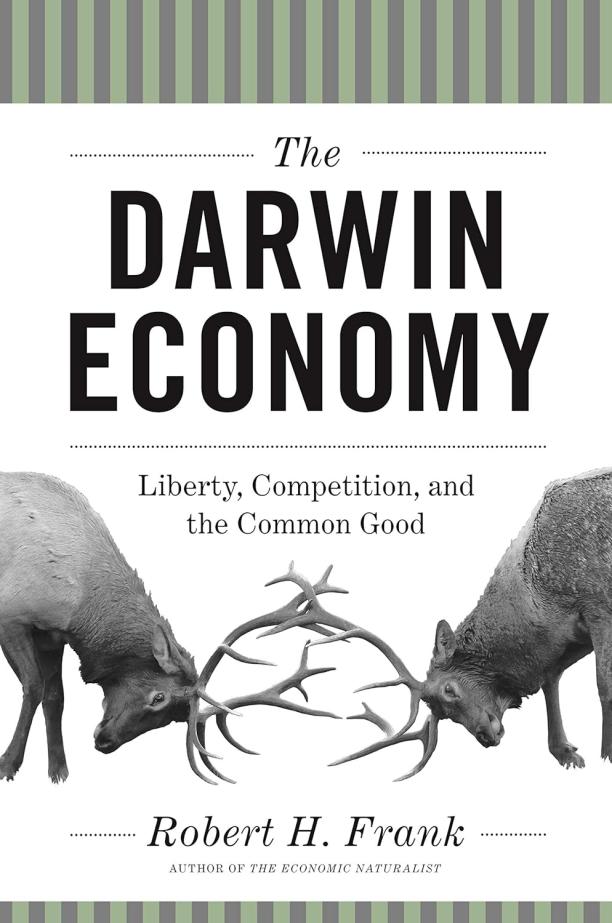
The Darwin Economy
Liberty, Competition, and the Common Good
Robert H. Frank
The book argues that Charles Darwin's understanding of competition describes economic reality more accurately than Adam Smith's, suggesting that individual interests often conflict with the common good. It proposes that public policies should be designed to align individual incentives with collective interests, advocating for measures like progressive consumption taxes to address the inefficiencies of unfettered markets.
See full summary
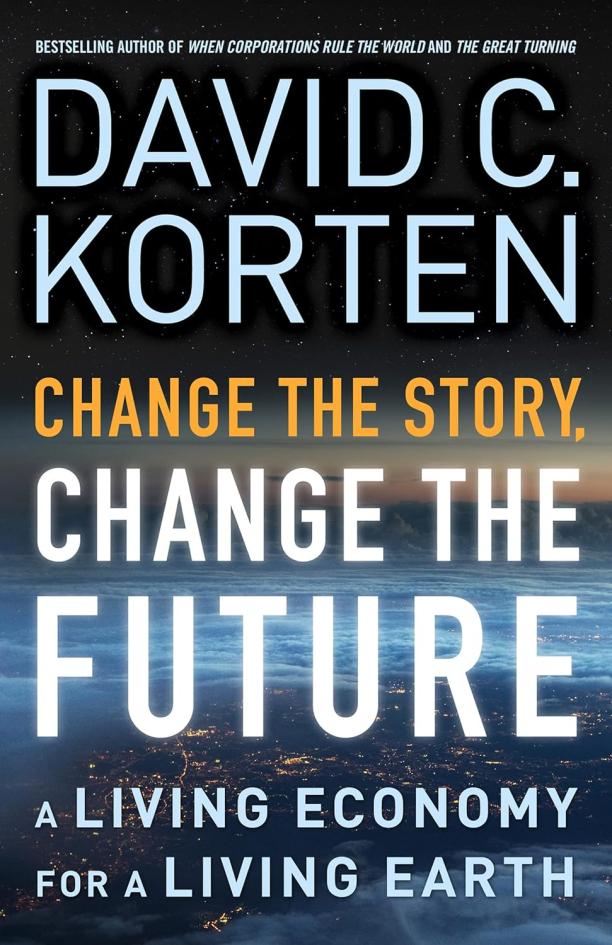
Change the Story, Change the Future
A Living Economy for a Living Earth
David C. Korten
The book presents a critique of the current economic system, which prioritizes financial wealth over ecological and human well-being, and proposes a new narrative that emphasizes living economies that support ecological balance and community resilience. It offers a vision for a future where the economy serves life, not the other way around, through a shift in values and the adoption of cooperative and sustainable practices.
See full summary
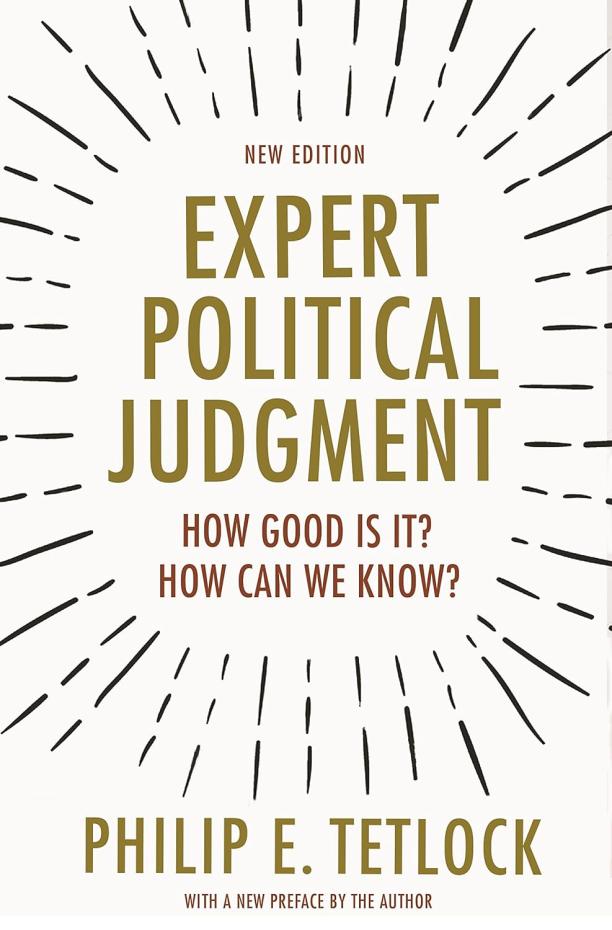
Expert Political Judgment
How Good Is It? How Can We Know? - New Edition
Philip E. Tetlock
The book examines the accuracy of political experts' forecasts, analyzing over 20 years of data to assess their predictive capabilities. It challenges the reliability of expert opinions and introduces the concept of "foxes" and "hedgehogs" to categorize thinkers, advocating for more nuanced and self-critical approaches to political analysis.
See full summary
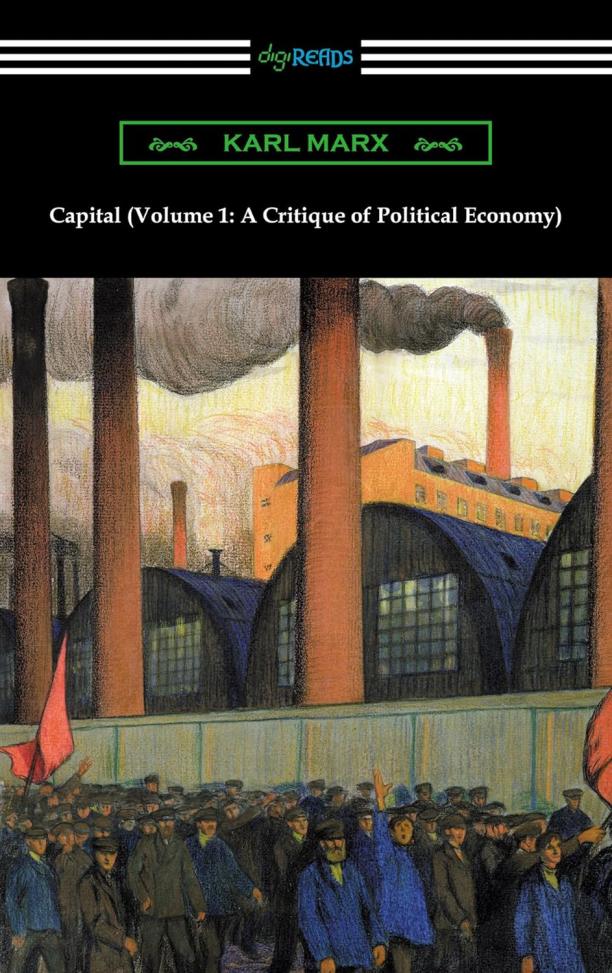
Capital
Karl Marx
The book delves into the capitalist mode of production, exploring the nature of commodities, the labor theory of value, and the exploitation of the proletariat. It critically examines the accumulation of capital, the dynamics of the capitalist economy, and the inevitable class struggles resulting from these economic conditions.
See full summary
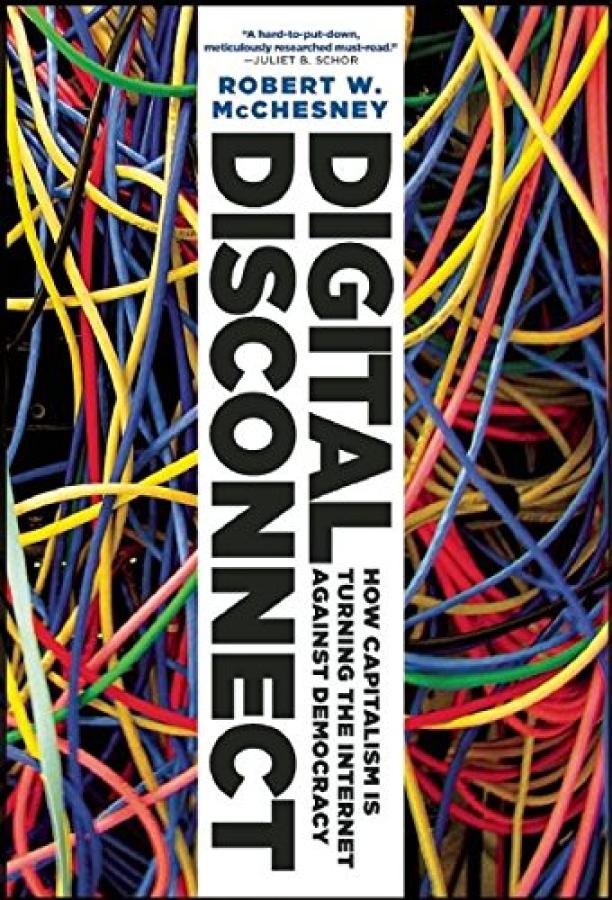
Digital Disconnect
How Capitalism is Turning the Internet Against Democracy
Robert W. McChesney
The book critically examines how the corporate control and monetization of the internet have led to a concentration of power that undermines the democratic potential of digital technology. It explores the consequences of this digital capitalism on privacy, surveillance, and the ability of citizens to access diverse and unbiased information.
See full summary
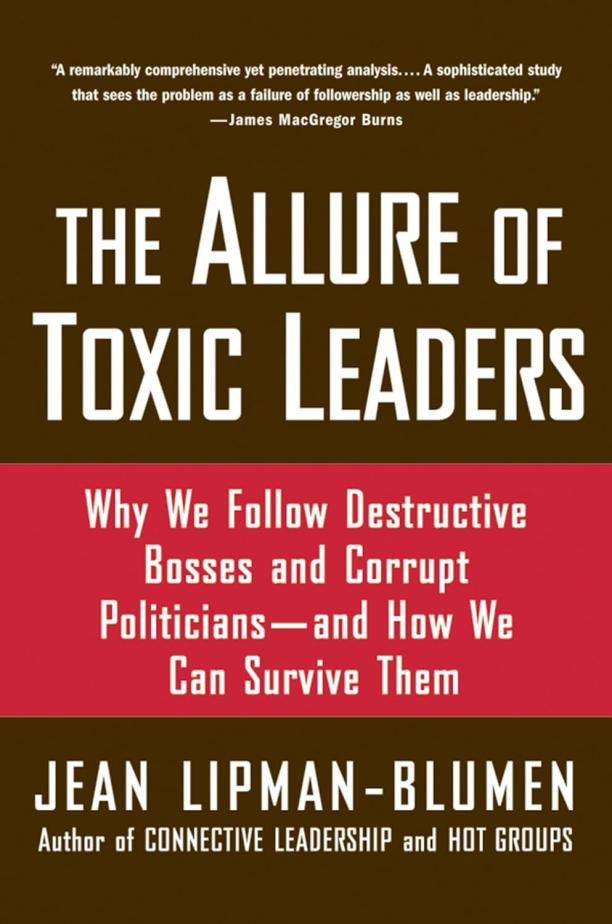
The Allure of Toxic Leaders
Why We Follow Destructive Bosses and Corrupt Politicians--and How We Can Survive Them
Jean Lipman-Blumen
The book examines the psychological and social reasons behind individuals' attraction to and support for leaders who are harmful or unethical. It also provides strategies for recognizing, thwarting, and overcoming the influence of such leaders in organizations and political systems.
See full summary
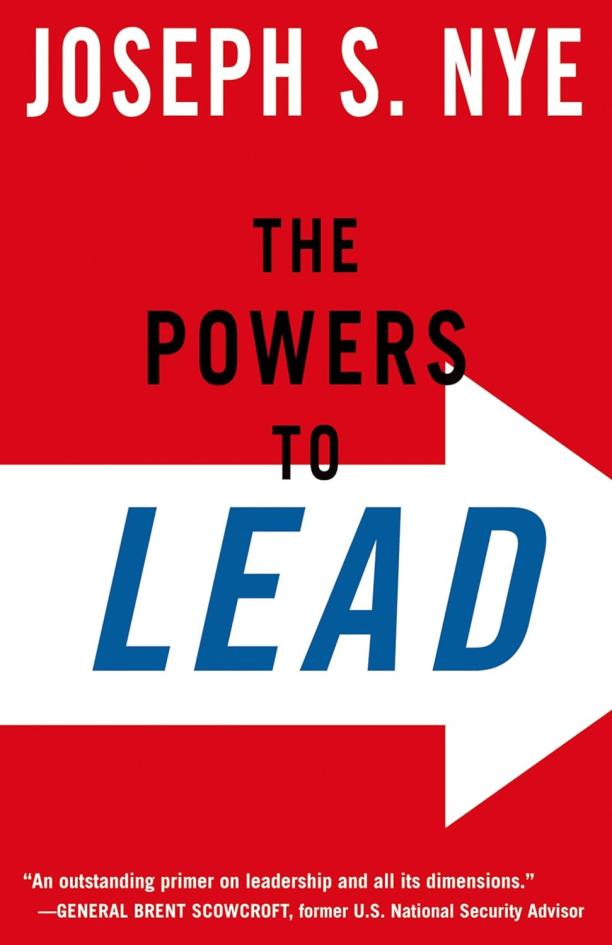
The Powers to Lead
Joseph Nye Jr.
The book explores the concept of soft power in leadership, arguing that successful leaders need a mix of hard (coercive) and soft (persuasive) power skills. It examines different leadership styles and the importance of context, emotional intelligence, and the ability to adapt one's approach to effectively lead in various situations.
See full summary
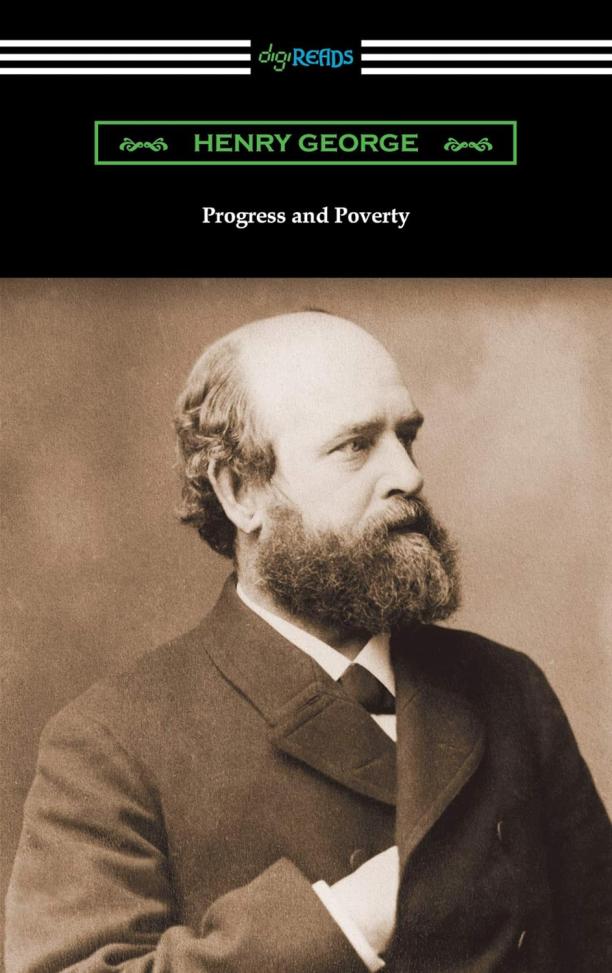
Progress and Poverty
Henry George
The book examines the paradoxical increase in wealth alongside pervasive poverty during the industrial era, attributing this to the monopolization of land. It proposes a single tax on land value as a solution to redistribute wealth and eliminate inequality.
See full summary
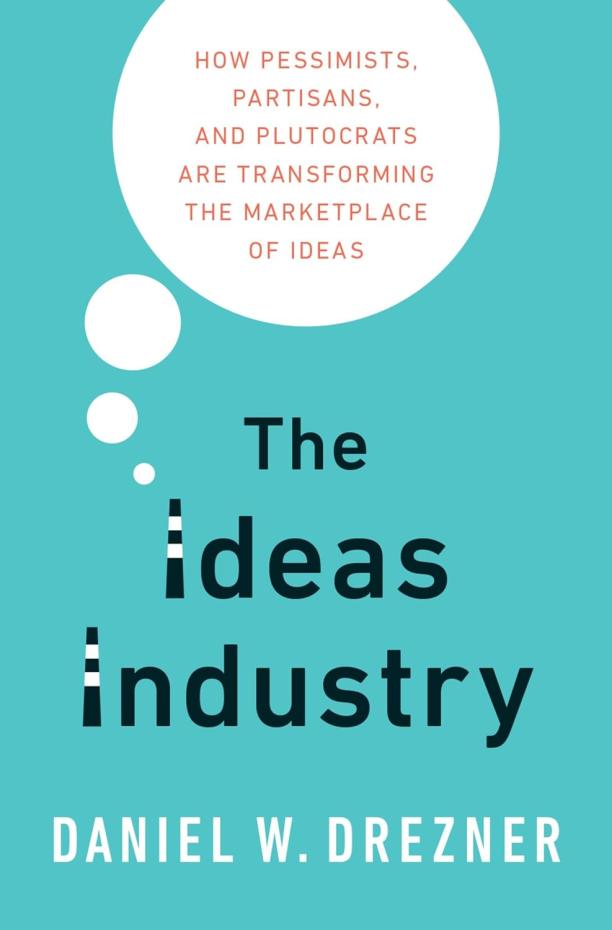
The Ideas Industry
How Pessimists, Partisans, and Plutocrats are Transforming the Marketplace of Ideas
Daniel W. Drezner
The book examines the shift in the landscape of public intellectualism, where thought leaders and private sector influencers are increasingly overshadowing traditional academics in shaping public discourse. It explores the impact of economic factors, political polarization, and the rise of social media on the way ideas are generated, disseminated, and received in contemporary society.
See full summary

How to Destroy Surveillance Capitalism
Cory Doctorow
The book critiques the idea that tech giants manipulate public opinion and democracy through data collection and targeted advertising, arguing instead that monopolistic control and economic power are the real threats to society. It proposes that to combat these issues, we should enforce antitrust laws, promote competitive markets, and ensure a democratic control over digital technology.
See full summary